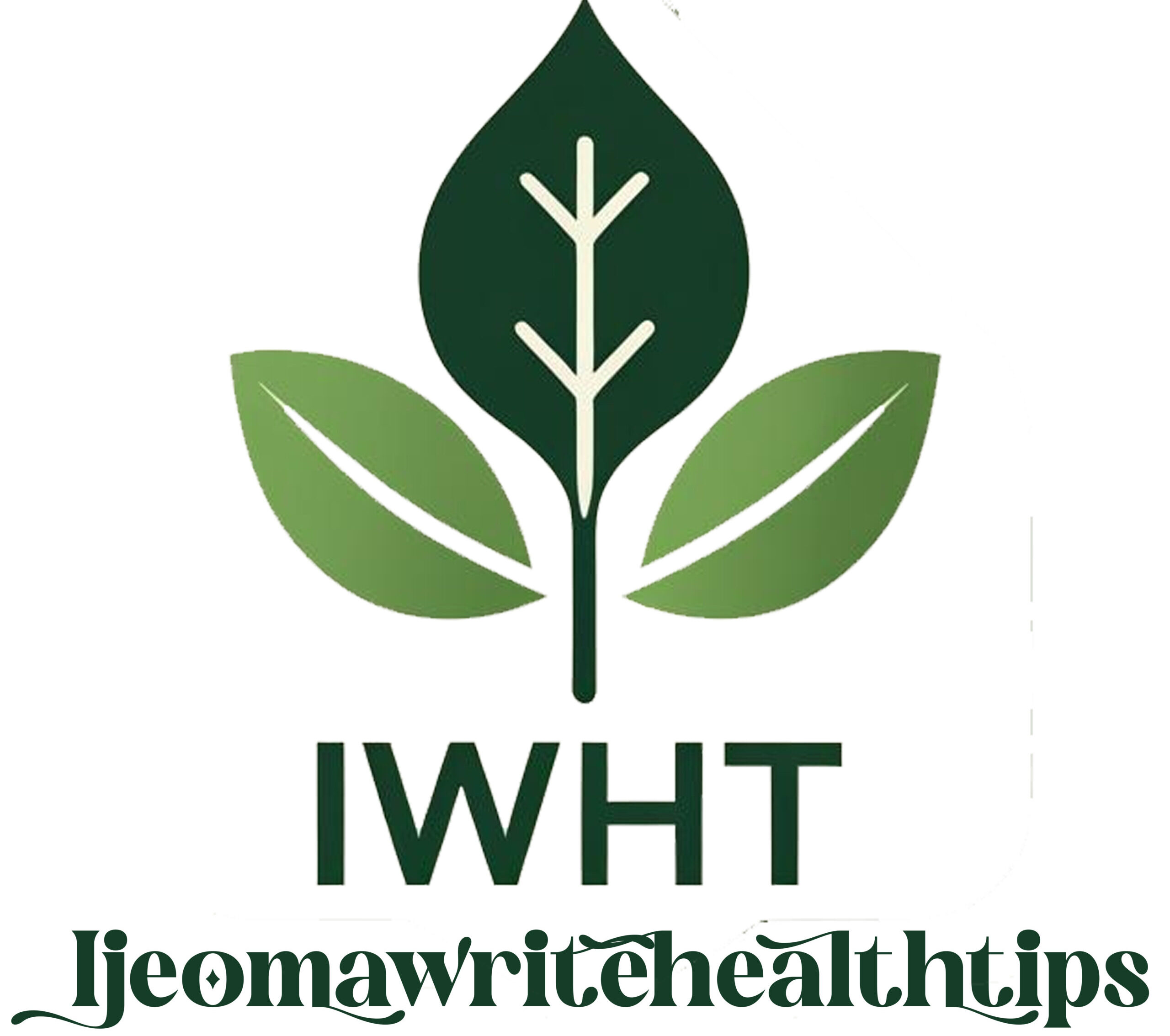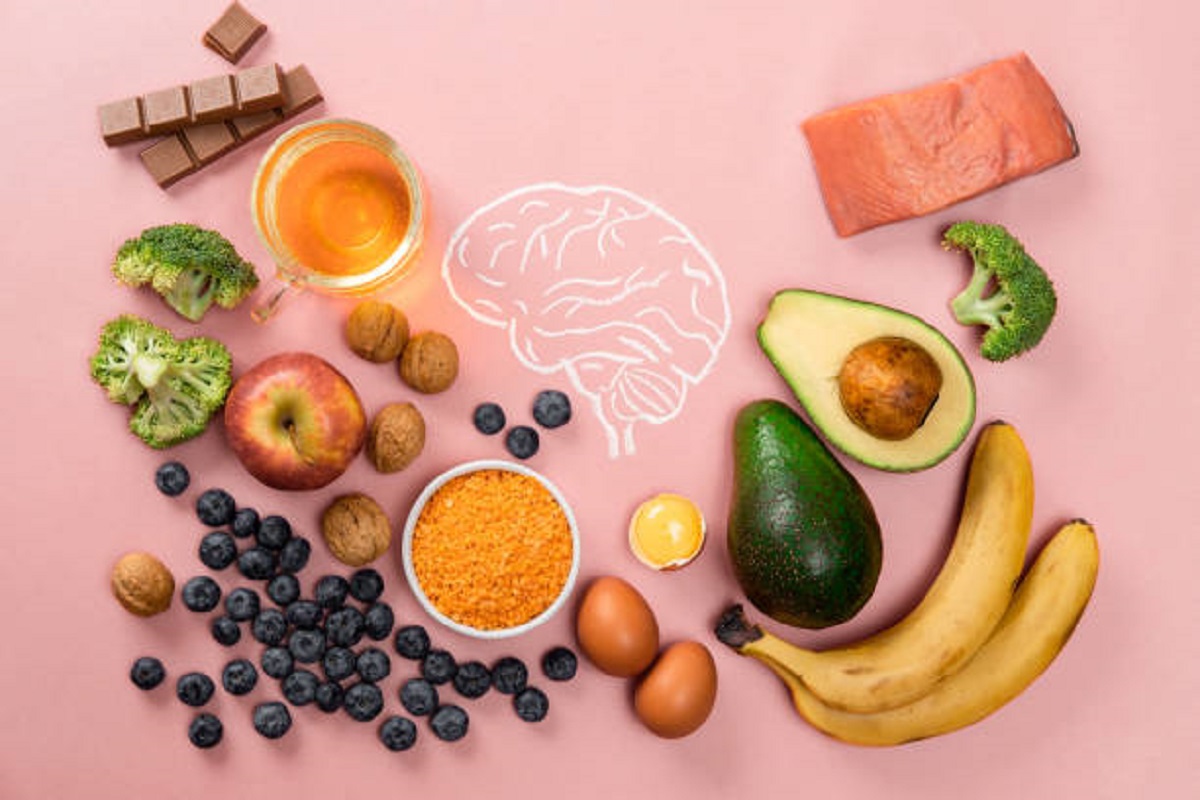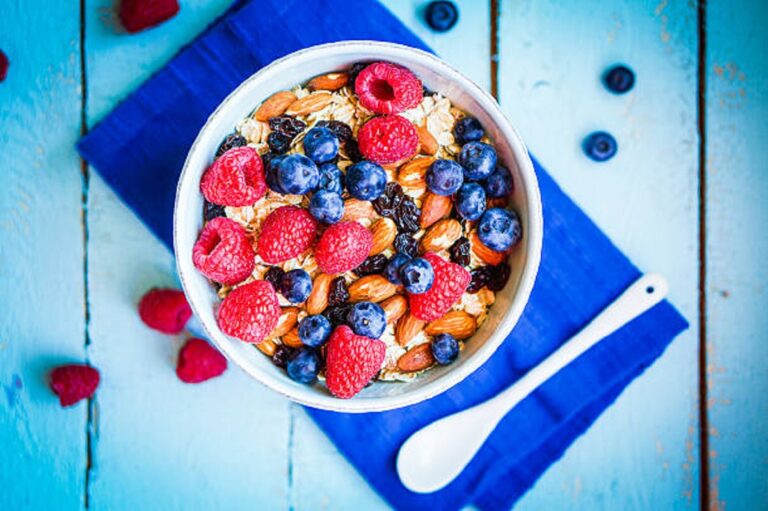BRAIN FOOD NUTRITION 2025 TRENDS THAT ACTUALLY WORK
It’s Sunday night, and I’m sitting here with my third cup of chamomile tea, scrolling through yet another influencer claiming that lion’s mane mushroom coffee changed their entire cognitive function overnight.
And honestly? I’m tired.
Because here’s the thing about brain food trends in 2025: everyone’s selling something.
Meanwhile, you’re just trying to remember where you put your keys and maybe focus during that 2 PM meeting without your brain feeling like scrambled eggs.
So let’s cut through the noise together. I’ve spent the last few weeks diving into actual research (not just Instagram posts), and I’m going to break down what’s real, what’s an expensive placebo, and what you can actually do with your grocery budget.
In this post, I’ll translate recent brain-nutrition research (2023–2025) into real food ideas you can try this week. We’ll talk about trends (yes, there are trends) and whether mental clarity is a promise or a myth.
Snippet Bait: What are the proven brain foods for 2025? Evidence supports omega-3 fatty acids from fish, flavonoid-rich berries, leafy greens, nuts, and whole grains for improved cognitive function. Skip expensive supplements, focus on consistent, nutrient-dense meals instead.
WHY YOUR BRAIN ACTUALLY CARES WHAT YOU EAT (The Simple Science Part)
Look, I’m not a neuroscientist. But here’s what I do know after reading way too many studies at midnight:
“Your brain is basically an energy hog. It uses about 20% of your body’s calories despite being only 2% of your body weight.” Wild, right?
More importantly, your brain needs specific nutrients to function properly. We’re talking about:
• Omega-3 fatty acids (for brain cell structure)
• B vitamins (for neurotransmitter production)
• Antioxidants (to fight inflammation)
• Glucose (steady energy, not sugar crashes)
When are these nutrients missing? That’s when you get the brain fog, the forgetfulness, and that weird feeling like you’re thinking through molasses.
According to research from Harvard Medical School – the Mediterranean diet: rich in fish, olive oil, and vegetables, has been consistently linked to better cognitive function and reduced risk of cognitive decline.
But here’s where it gets tricky. The wellness industry knows you’re desperate for mental clarity, so they’ve created a billion-dollar supplement market promising you’ll suddenly become limitless if you just buy their overpriced powder.
Spoiler: You won’t.
THE 2025 BRAIN FOOD TRENDS: WHAT’S ACTUALLY WORTH YOUR MONEY?
The new wave isn’t about one magic berry or mushroom. In 2025, nutrition trends are leaning into targeted nutrition, gut-brain connection, and sustainable, nutrient-dense eating.
Experts now highlight how your whole diet over years shapes brain health, especially patterns like the MIND diet (which merges Mediterranean + DASH) and the importance of plant-heavy diets with occasional healthy animal foods.
1. Omega-3s Are Still the MVP (But Not How You Think)
The Trend: Everyone’s still obsessing over fish oil supplements and algae capsules.
What Actually Works: Eating actual fatty fish 2-3 times per week.
I know, Revolutionary, right? But seriously, studies show that omega-3 fatty acids, particularly DHA and EPA found in fatty fish, support brain cell membrane health and may improve memory and cognitive processing.
Budget-Friendly Brain Food Meals:
• Canned sardines on whole grain crackers (I promise they’re better than you think)
• Frozen salmon patties with sweet potato
• Tuna salad with walnuts (which also contain omega-3s)
The key? Consistency beats expensive supplements. Your brain doesn’t want a $60 bottle of fish oil once a month. It wants regular, steady nutrition.
2. Polyphenols: The Fancy Word for “Eat More Colorful Plants”
The Trend: Overpriced berry powders and “superfood” blends claiming to reverse cognitive aging.
What Actually Works: Regular blueberries from the frozen section.
Here’s something that blew my mind: Polyphenols, found abundantly in berries, dark chocolate, and green tea, have been shown to cross the blood-brain barrier and potentially improve memory and cognitive function through anti-inflammatory mechanisms.
Translation? Eat more berries. Dark chocolate counts. Green tea is legit.
Simple Brain-Boosting Snacks:
• Frozen blueberries in plain yogurt
• A small piece of dark chocolate (70% cacao or higher)
• Green tea with lemon (vitamin C helps polyphenol absorption)
I’ve started keeping a bag of frozen mixed berries in my freezer. Some mornings, I remember to add them to oatmeal. Other mornings, I eat them straight from the bag while standing at the counter. Both count.
3. The Gut-Brain Connection Isn’t Woo-Woo Anymore
The Trend: Probiotic supplements costing $50+ per bottle.
What Actually Works: Fermented foods you can buy at any grocery store.
This one’s fascinating, and I’m still wrapping my head around it. But essentially, research increasingly supports the gut-brain axis(the bidirectional communication between your digestive system and brain) suggesting that gut health significantly impacts mood, cognition, and mental clarity.
Your gut bacteria produce neurotransmitters. They communicate with your brain. When your gut is inflamed or imbalanced, your brain feels it.
Budget-Friendly Fermented Foods:
• Plain yogurt with live cultures (check the label)
• Sauerkraut (literally just fermented cabbage)
• Kimchi (spicy fermented vegetables)
• Kombucha (if it’s on sale, don’t go broke for fizzy tea)
Start small. Maybe a spoonful of sauerkraut on your sandwich. See how you feel. This isn’t about perfection; it’s about adding in helpful things when you can.
WHAT DOESN’T WORK (But Everyone’s Talking About)
Let’s get real for a second because I’m seeing some genuinely ridiculous claims out there.
The Expensive Placebo List:
• “Nootropic” supplements with proprietary blends – If they won’t tell you exactly what’s in it, your brain can’t use it effectively anyway.
• Brain training apps promising to “rewire your brain” – Your brain needs nutrition, not gamified puzzles (though puzzles are fun).
• Expensive “smart” waters and enhanced beverages – You’re literally paying $5 for regular water with 2 cents worth of vitamins.
• Extreme restrictive diets for “mental clarity” – Starving your brain of calories doesn’t make it work better. It makes you hangry and foggy.
The truth? While some cognitive enhancement supplements show promise in research settings, most lack sufficient evidence for real-world effectiveness, and whole food sources consistently outperform isolated supplements in clinical studies.
THE MEAL PLANNING PART (Because Strategy Matters)
Okay, so you know what to eat. But how do you actually incorporate brain-healthy foods when you’re exhausted, broke, and just trying to survive the week?
The Lazy Genius Approach to Brain Food:
Breakfast (Pick One, Don’t Overthink):
• Oatmeal with walnuts and frozen berries
• Scrambled eggs with spinach and whole grain toast
• Plain yogurt with ground flaxseed and banana
Lunch (Again, Simple):
• Canned tuna or salmon on mixed greens
• Leftover dinner (because batch cooking is brain food too)
• Whole grain wrap with hummus, vegetables, and any protein
Dinner (The Real MVP Meal):
• Fatty fish (salmon, mackerel, sardines) + roasted vegetables + quinoa or brown rice
• Chicken stir-fry with tons of colorful vegetables + nuts
• Bean-based chili with dark leafy greens mixed in
Snacks (When 3 PM Brain Fog Hits):
• Apple slices with almond butter
• Trail mix with nuts and dark chocolate chips
• Veggies with hummus (I know it’s boring but it works)
MEAL IDEAS+ DAILY HABITS TO TRY THIS WEEK
Now the fun part. These are simple, budget-friendly, and grounded in research. Try one or two, see how your brain feels (yes, subjective) over a few days.
1. “Green + Bean Power Bowl”
Base: cooked brown rice or quinoa (slow-release carbs)
Toss in: steamed kale or spinach, roasted chickpeas
Drizzle: extra virgin olive oil + lemon
Add: a handful of berries on the side
Why: beans + whole grain help steady glucose. Greens bring folate + antioxidants. Berries add polyphenols.
2. Salmon + Seaweed Wrap
Use nori (seaweed sheet)
Fill with: flaked grilled salmon (or canned sardines), sliced cucumber, shredded carrot
Optional: a smear of mashed avocado
Why: fatty fish gives omega-3s; seaweed offers micronutrients; vegetables bring volume + fiber.
3. Mushroom-Egg Skillet
Sauté onion, garlic, mushrooms (bonus: if you find Lion’s Mane or oyster types, try them)
Add eggs or tofu (for plant protein)
Serve with slice of whole-grain toast or side of sautéed greens
Why: mushrooms + antioxidants + protein = solid combo.
4. Overnight Chia + Berry Pudding
Mix: chia seeds, milk (dairy or plant), mashed berries
Let sit overnight
In the morning: top with nuts, a little dark chocolate shavings
Why: chia gives fiber + healthy fats; berries + nuts bring further antioxidant / nutrient load.
5. Veggie Stir-fry with Tempeh / Beans
Use a mix of colorful veggies (bell peppers, broccoli, spinach)
Add tempeh, tofu, or beans
Season with garlic, turmeric, black pepper
Why: combines multiple beneficial foods, anti-inflammatory spices help too.
THE HONEST TRUTH ABOUT BRAIN FOOD AND MENTAL CLARITY
Here’s what I wish someone had told me earlier: brain food isn’t magic.
It won’t fix everything. Nor would it make you suddenly remember everyone’s names or turn you into a productivity machine. If you’re dealing with significant cognitive issues, please talk to a doctor: food is powerful, but it’s not a replacement for medical care.
However, here’s what consistent, nutrient-dense eating can do:
✓ Reduce that 2 PM brain fog ✓ Help you feel more steady throughout the day ✓ Support better sleep (which supports better cognition) ✓ Reduce inflammation that contributes to cognitive decline over time.
It’s not immediate, dramatic. It’s cumulative.
Think of it like this: you’re not taking a magic pill. You’re building a foundation. Some days you’ll eat perfectly. Other days you’ll have cereal for dinner. Both are okay.
Q: What is the #1 brain food?
A: There’s no single “best” brain food, but fatty fish like salmon provide omega-3s essential for brain cell structure and cognitive function. Consistency matters more than any one superfood.
Q: Can brain foods really improve memory?
A: Yes, but gradually. Nutrient-dense diets rich in omega-3s, antioxidants, and B vitamins support cognitive function over time. Don’t expect overnight changes, think weeks to months of consistent eating.
Q: What foods help with brain fog?
A: Foods that stabilize blood sugar (whole grains, protein, healthy fats) and reduce inflammation (fatty fish, berries, leafy greens) can help reduce brain fog. Staying hydrated is equally important.
Q: Are expensive brain supplements worth it?
A: Generally no. Most expensive nootropic supplements lack strong clinical evidence. Whole food sources of nutrients consistently outperform isolated supplements in research.
YOUR ACTUAL ACTION PLAN (Because Information Without Action Is Just Noise)
Stop right now. Don’t get overwhelmed. Here’s what you’re actually going to do THIS:
Week:
• Buy one package of fatty fish (canned, frozen, or fresh, whatever you’ll actually eat)
• Grab a bag of frozen berries
• Pick one fermented food to try
Month:
• Aim for fatty fish twice per week
• Add berries to one meal or snack daily
• Include leafy greens when you can (not every day, just when it’s easy)
Year:
• Build a baseline of consistently eating nutrient-dense meals
• Notice how you feel: energy, clarity, mood
• Adjust based on what actually works for your body
That’s it. No perfection, all-or-nothing thinking. Just gradual, sustainable changes that support your brain without draining your wallet or sanity.
THE BOTTOM LINE ON BRAIN FOOD TRENDS IN 2025
Look, I get it. You want the magic solution. You want someone to tell you that drinking this specific smoothie will suddenly make everything click into place.
But the real brain food trend in 2025 isn’t a new superfood or expensive supplement. It’s this: simplicity actually works.
Eat more fatty fish. Add berries when you can. Include fermented foods. Focus on whole grains over refined carbs. Stay hydrated. Get enough sleep.
It’s not sexy. It won’t make for a viral TikTok. But it’s what the research actually supports.
Your brain doesn’t need you to be perfect. It just needs you to consistently feed it the building blocks it requires to function. And honestly? That’s something you can do, even on your most chaotic Tuesday.
What brain food myth have you been believing? Drop a comment below, let’s figure this out together.
ABOUT THE AUTHOR
Ijeomawriteshealthtips is a health and wellness writer specializing in making complex nutrition science accessible for everyday people. With a few years of SEO writing experience and a recent pivot into Food as Medicine, we’re passionate about cutting through wellness industry BS to share what actually works for real humans with real budgets. Currently figuring out life one meal at a time, just like you.




